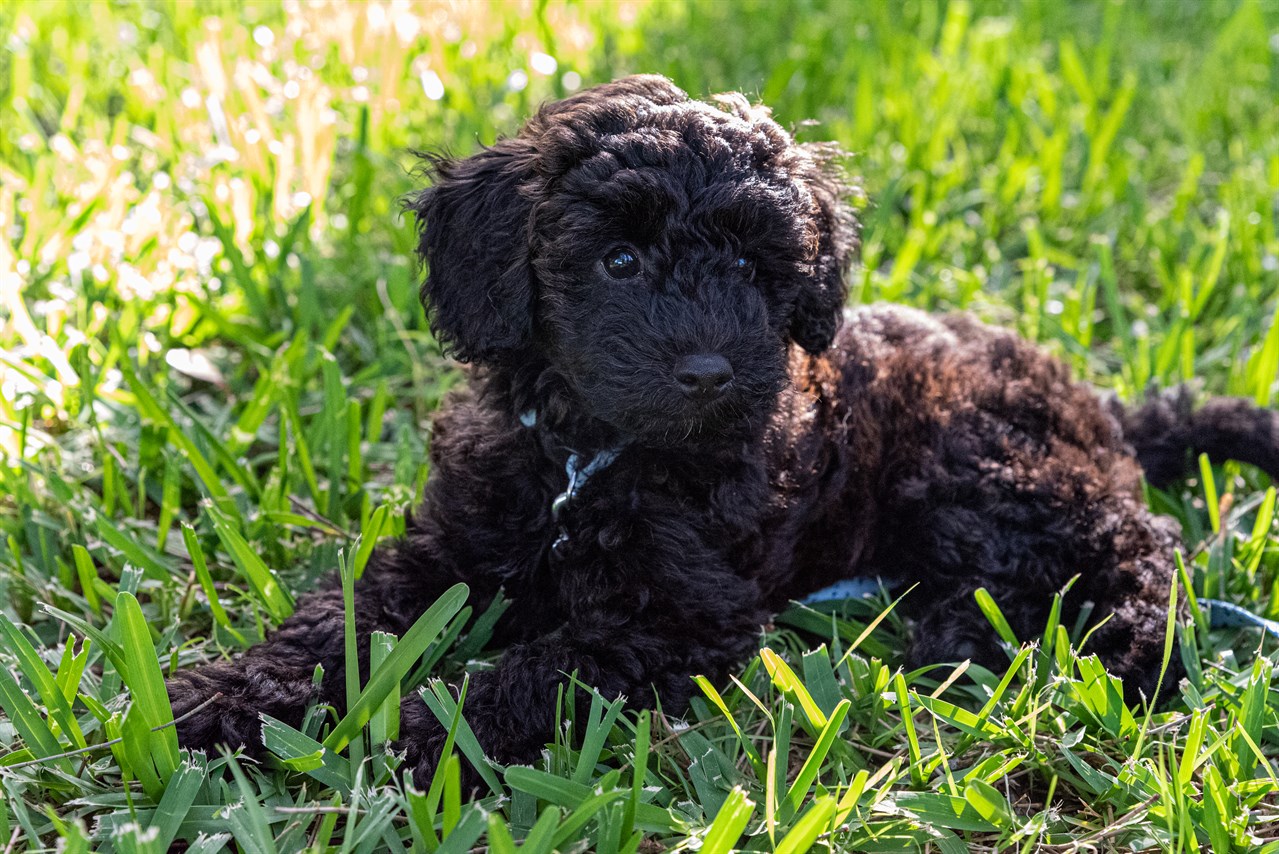Sleeping Requirements and Habits of the Schnoodle: A Restful Companion

Just like any other dog breed, Schnoodles have their own sleeping requirements and habits. Understanding these can help you ensure your Schnoodle gets the rest it needs for overall health and well-being.
Sleep Duration
Schnoodles, like most dogs, need a significant amount of sleep each day, especially puppies and older dogs. On average, adult dogs, including Schnoodles, sleep around 12-14 hours per day. Puppies and senior dogs may require even more sleep, often up to 18 hours per day.
Daytime Naps
Schnoodles are known to take short naps throughout the day, especially if they are not actively engaged in play or other activities. These short breaks help them recharge and stay alert when they are awake.
Nighttime Sleep
Schnoodles typically sleep during the night, and they usually enjoy having a designated sleeping area or a comfortable bed. Providing a cosy and quiet spot for your Schnoodle to sleep can help them get a good night's rest.
Sleep Patterns
Schnoodles, like many dogs, experience different sleep stages, including deep sleep and REM (rapid eye movement) sleep. During deep sleep, their muscles relax, and they may appear still. In REM sleep, they may twitch, move their legs, or even bark softly. This is a normal part of the sleep cycle.
Sleep Environment
Creating a comfortable sleep environment for your Schnoodle is important. Ensure they have a soft and supportive bed or blanket where they can rest. Some dogs may prefer a crate, while others may enjoy sleeping in a quiet corner of a room.
Age-Related Sleep Changes
Puppies and older Schnoodles may have slightly different sleep patterns. Puppies are known for their frequent naps, while older dogs may experience more interrupted sleep or shorter sleep cycles. It's essential to adapt to your dog's changing sleep needs as they age.
Sleep Disturbances
Schnoodles can be sensitive to their environment, so loud noises, changes in routine, or other disruptions can disturb their sleep. Providing a quiet and calm sleeping area can help reduce disturbances.
Health and Sleep
Keep an eye on your Schnoodle's sleep patterns. If you notice significant changes in their sleep duration, patterns, or if they seem unusually restless or lethargic during sleep, it may be a sign of an underlying health issue. Consult with a veterinarian if you have concerns about your dog's sleep.
Conclusion
Understanding the sleeping requirements and habits of your Schnoodle is essential for ensuring their physical and mental well-being. Providing a comfortable and peaceful sleep environment, adapting to their age-related changes in sleep patterns, and being attentive to their sleep quality are all key to keeping your Schnoodle a happy and well-rested companion. A well-rested Schnoodle is more likely to be energetic, alert, and ready to enjoy their waking hours with you.
Schnoodle puppies for sale
- Find Schnoodle puppies for sale in ACT
- Find Schnoodle puppies for sale in NSW
- Find Schnoodle puppies for sale in NT
- Find Schnoodle puppies for sale in QLD
- Find Schnoodle puppies for sale in SA
- Find Schnoodle puppies for sale in TAS
- Find Schnoodle puppies for sale in VIC
- Find Schnoodle puppies for sale in WA